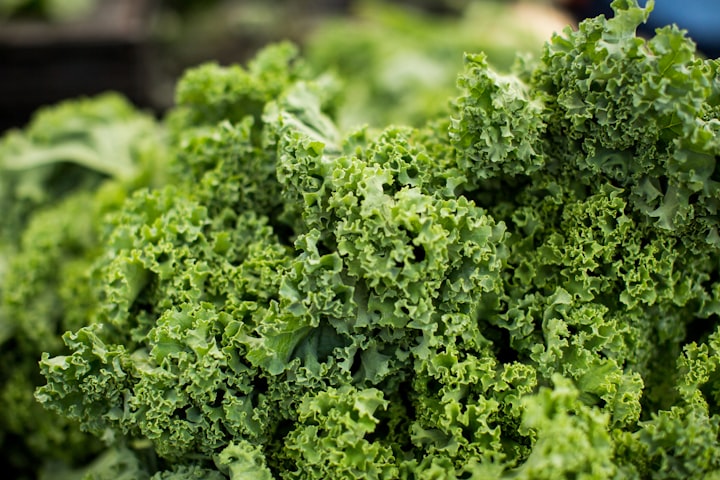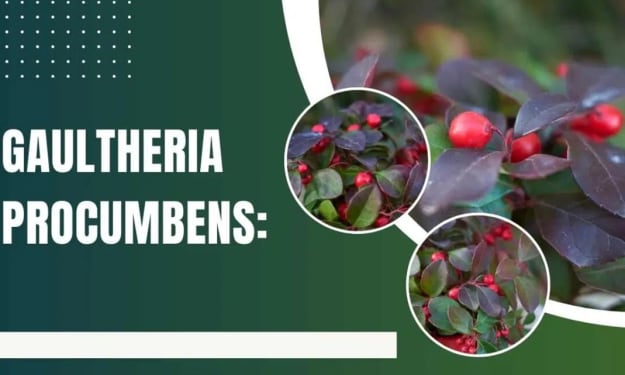Top Health Benefits of Eating Kale
Some Little Known Facts About Consuming Kale
Kale is one of the most in demand leafy green vegetables available today. It has been embraced by many for being nutrient and vitamin rich. A member of the mustard, or Brassicaceae family along with cabbage and Brussel sprouts, kale provides a vast array of health benefits for the entire body. To inspire you to add this remarkable vegetable to your weekly grocery list, below you will find some of the top health benefits of kale.
1. Excellent For Digestion
Because it is a fibrous leafy green, kale is fantastic for improving digestion. Also, don’t throw the stems away, as they contain a large amount of prebiotics. They may be tough eaten raw but can be good if sautéed.
Probiotics have been receiving a lot of credit over the last several years for promoting digestive health. They help to restore friendly flora while defeating pathogens such as bad bacteria, yeasts, and parasites.
Prebiotics are basically compounds that feed on the good bacteria in the gut. That’s why they are known as probiotic “backups”, however, they aren’t digested or otherwise absorbed into the gastro-intestinal tract. Rather, they go around the small intestines and head directly for the colon, where they settle in and begin to help encourage a healthy gut environment.
2. High in Iron
Iron is crucial for a person to remain healthy, particularly for women, as it aids with the creation of hemoglobin and enzymes, carries oxygen to different areas of the body, aids in proper liver function and the growth of cells, plus a lot more.
3. Contains Lots of Powerful Antioxidants
Antioxidants neutralize “oxidant” radicals and prevent them from stealing an electron from our cells. At peak performance, the powerful network of antioxidants can prevent 99% of free radicals from harming our cells.
While kale does have a great number of antioxidants, they are sensitive to heat, so the leaves should be used in salads in order to preserve the function of the antioxidants.
4. High In Vitamin K
Vitamin K1 is referred to as the ‘coagulation’ vitamin because it helps the body’s blood-clotting mechanism to keep working in the proper way. Vitamin K2, meanwhile, has been proven to activate as many as 17 proteins.
5. High in Vitamin C
The human body isn’t capable of making large quantities of vitamin C. Vitamin C deficiency can lead to rapid aging, plus a host of other ailments
6. High In Vitamin A
Vitamin A is fantastic for your skin and vision. One cup of kale holds 206% of our daily recommended Vitamin A requirement.
7. High In Calcium
When taken per calorie, kale actually has more calcium than milk does. Calcium is a mineral that’s essential for building strong bones and keeping them healthy. It is also necessary for the completion of many other body processes, like assisting the blood vessels in moving blood throughout the body, and cell signaling, which involves the function of the muscle and nerves.
8. May Help Prevent Cancer
It has been noted that kale and certain other green vegetables that have chlorophyll can keep the body from absorbing certain chemicals which have been linked to cancer, that come from eating meats grilled at a high temperature.
Our bodies are not made to absorb a lot of chlorophyll, but what chlorophyll does is binds to these carcinogens and does not allow the body to absorb them. So it is believed that kale may reduce the risk of cancer.
9. Promotes Liver Health
You may not know this, but Kale is chock full of fiber and sulfur, both of which do a wonderful job of aiding in your body's natural detoxification process and helping to keep your liver healthy.
10. Anti-Inflammation Food
The fact of the matter is that one cup of kale contains 10% of the RDA of omega-3 fatty acids. These do a very necessary job by battling inflammation in the body.
While kale isn’t a miracle food that will magically heal all that ails you, it is an amazing vegetable with healing and preventative properties that are being widely lauded. It holds plenty of fiber, calcium, antioxidants, and Vitamins K, C, and A, plus provides iron and a vast range of other nutrients the body needs, which can prevent a variety of health problems from occurring. So make the effort to include more kale in your diet and your body will thank you for it.






Comments
There are no comments for this story
Be the first to respond and start the conversation.